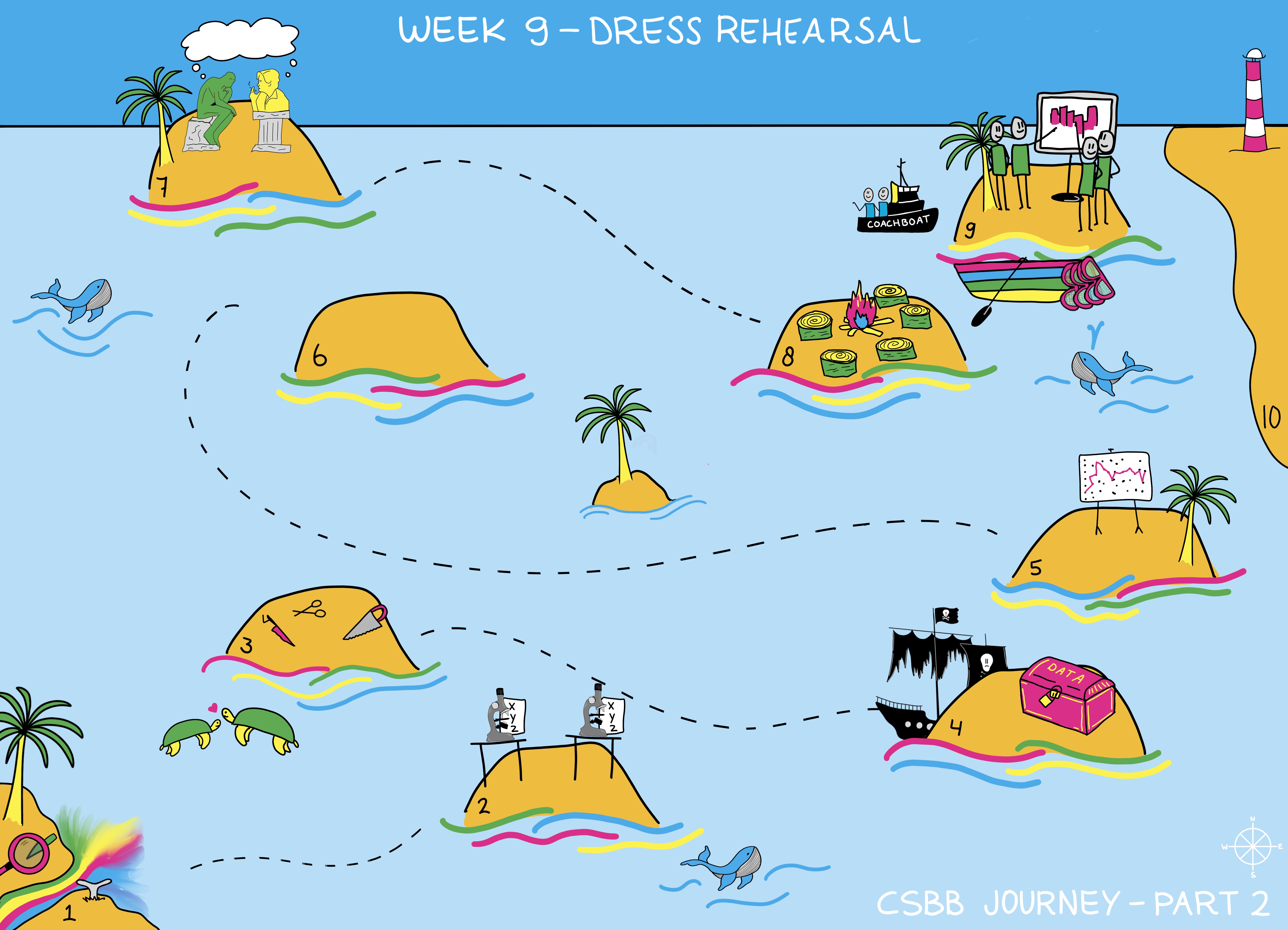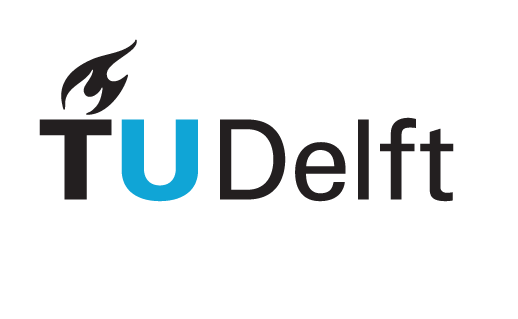
Week 2.9: Paper Reviewing#
Who decides if your paper gets published and how? In order to be published, papers go through a review process. This process is very important both for paper authors and paper readers. It helps the author get feedback and improve their work and it provides the reader with some guarantees of the reliability of the paper’s claims and results.
This week is also about wrapping up your research. It is now time to cleanup, finalize, and hand off the written material and documentation of your project. It is also time to prepare your research talk.
Monday:
There is no science spotlight nor workshop on Monday
Wednesday:
Workshop: Paper Reviewing and Writing a Rebuttal
Friday:
Friday Symposium
Workshop: Paper Reviewing and Writing a Rebuttal#
The aim of this workshop is to demystify the review and publication process. The Publishing Officers of the TU Delft Library will help you understand different aspects of the publishing process (including ethical and practical considerations). You will also have the opportunity to ask any questions you might have about this process. Furthermore, you will participate in the review process by reviewing (parts of) your colleagues’ papers and reflecting on your experience of the process afterwards.
Key Concepts#
What is the academic review and publication process, and why is it important
Who is involved in this process?
How do they decide what should be published or not?
What are ethical considerations?
Reflection: strengths and weaknesses of the current publishing process
How do you feel about the process as an author and reviewer?
Learning Goals#
At the end of the workshop, students will be able to:
Understand what the publishing and review process entails
Reflect on ethical aspects, strengths, and weaknesses of the review process
Group Activity of the Week#
This week you are reviewing other groups’ papers, and continuing to adding the final changes to your paper based on your colleagues reviews and feedback. You should also be finalizing and rehearsing your research talk.
You could pair up with another group to practice talks in front of them. Or find other people to practice in front of.
Discussion Questions#
What is important in peer review?
Why is it important?
What are the problems with it?
How is your project going?
Writing for the reviewer vs writing to tell your story, is there a distinction?
How do you decide a project is done?
When completing a project, how do you prepare your results to be background research for someone else?
What research ideas are you excited about?
What happens when it all goes wrong?
Weekly Submitted Assignments#
Group#
Hand in peer review of another groups paper.
Individual#
What would you tell your family or peers about this minor?
How would you describe your experience?
References#
Wiley: How to perform a peer review
Peer Review Process explained — what happens after submission
